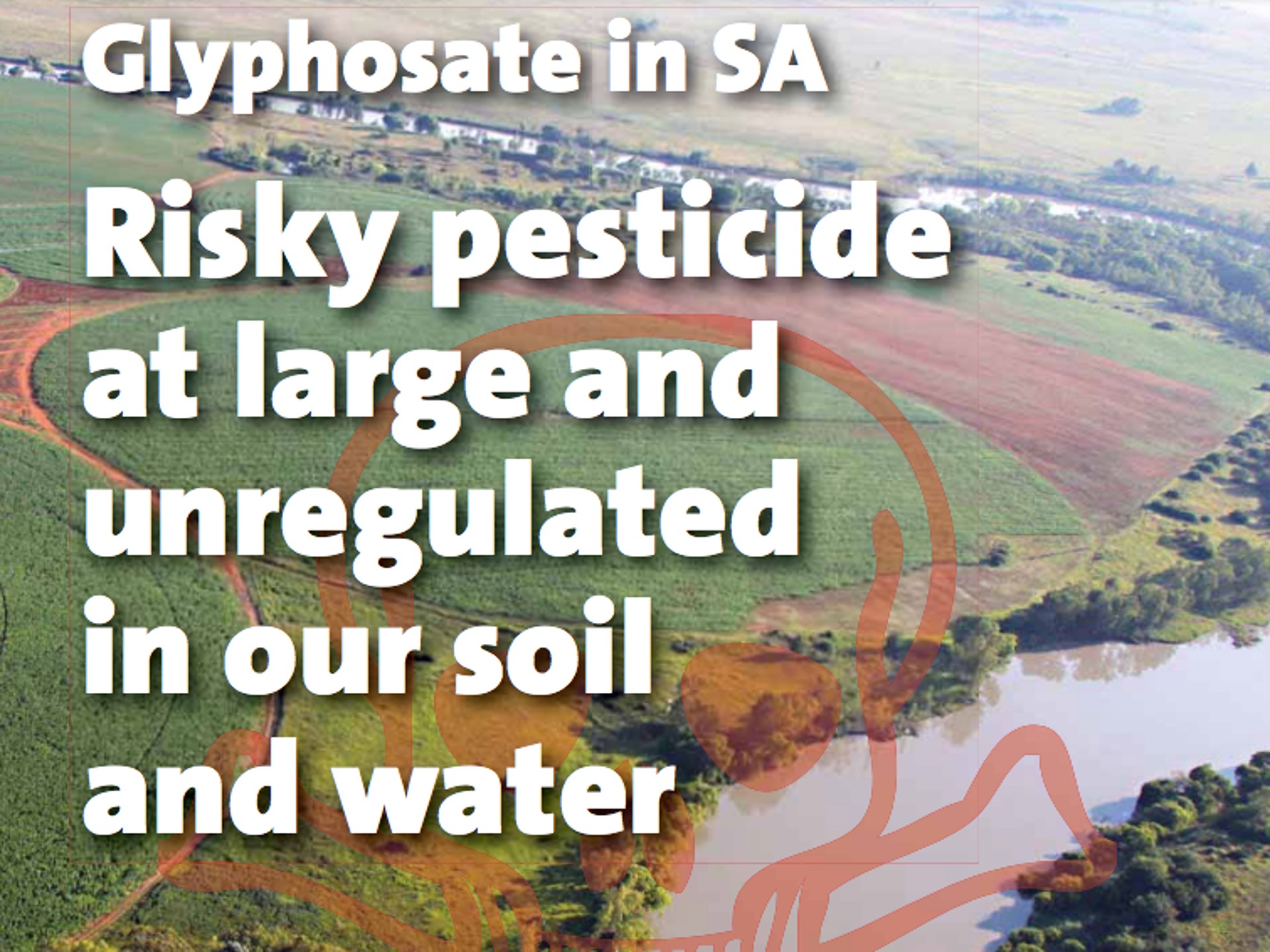Latest Resources

10 September 2018
Report from SADC regional farmer speak out on farm input subsidy programmes
Rural Women’s Assembly (RWA) and African Centre for Biodiversity (ACB) jointly hosted a meeting of farmers and civil society organisations (CSOs) in August 2018 to share views and experiences on farm input subsidy programmes (FISPs) and public sector support for agroecology in the region. About 140 participants from Namibia, South Africa, Zimbabwe, Mozambique, Zambia, Malawi, […]

22 June 2017
Regulatory Implications of New Breeding Techniques
This paper presents an evidence-based critique of the Report published by the Academy of Science South Africa (ASSAf) titled ‘Regulatory Implications of New Breeding Techniques’ (the Report). Our critique discusses the pro-GM propaganda contained in the Report and contrasts it with a well-established scientific body of concerns surrounding the use of these so-called new breeding […]

13 February 2017
The Bayer-Monsanto merger: Implications for South Africa’s agricultural future and its smallholde...
This paper explores the likely implications of an approved Bayer-Monsanto merger for the South African agricultural system. It outlines the trend of consolidation occurring within the seed and agrochemical industries, provides a background to the merger, criticises the rationale given for the merger by Bayer and Monsanto and outlines concerns should the merger be approved […]

15 October 2016
World Food Day – South Africa faces drought, rising food prices and false promises of GMOs
To cope with drought and rising food prices, we need to urgently move away from genetically modified food and towards indigenous African crops. So warns the African Centre for Biodiversity (ACB). “We need to urgently shift away from maize towards embracing a diversity of crops – particularly indigenous African summer grain crops such as sorghum […]

14 October 2016
Transitioning out of GM maize: Current drought is an opportunity for a more resilient and just fo...
Coinciding with World Food Day, the African Centre for Biodiversity (ACB), in a new report titled “Transitioning out of GM maize: towards nutrition security, climate adaptation, agro-ecology and social justice” makes a compelling case for South Africa to urgently transition out of GM maize production, to systems that are socially just, ecologically sustainable and provide […]

2 July 2016
Genetically Modified (GM) Soya in South Africa: Status Quo Report
This briefing paper presents the status of genetically modified (GM) soya in South Africa. GM Soyabean seed owned by Monsanto and genetically engineered to withstand the herbicide glyphosate, accounts for 90% of all soya bean production in South Africa. Download the report.

20 May 2014
Below the belt, below the breadline – South Africa’s inequitable and GM contaminated ...
The African Centre for Biosafety (ACB) has today brought into sharp focus the white bread industry in South Africa with the release of its new report “GM Contamination, Cartels and Collusion in South Africa’s Bread Industry.’ The report shows that the white bread tested contains high levels of Monsanto’s genetically modified (GM) soya in the […]

8 October 2012
Glyphosate in SA: Risky pesticide at large and unregulated in our soil and water
The research shows that although glyphosate (a weed killer) is ubiquitous throughout South African agriculture, it poses many environmental risks and yet there is precious little research done to monitor and manage its environmental impacts. Read more here.

9 May 2011
Critique of SANBI’s Studies on Monsanto’s MON 810
During early in 2011, the South African National Biodiversity Institute (SANBI) published a report titled, Monitoring the Environmental Impacts of GM Maize in South Africa. The report was a culmination of a study by the Environmental Biosafety Cooperation Project (EBCP) aimed at developing a framework for monitoring of insect resistant maize, Mon810, belonging to Monsanto. […]

12 May 2010
Traceability, segregation and labelling of genetically modified products in South Africa: A Posit...
South Africa has promulgated national legislation, the Consumer Protection Act (CPA), which creates an opportunity for the mandatory labelling of certain foodstuffs containing or which are genetically-modified organisms (GMOs). The Act sets out a number of consumer rights that have relevance to the sale of products with genetically modified components. These include the right to […]
